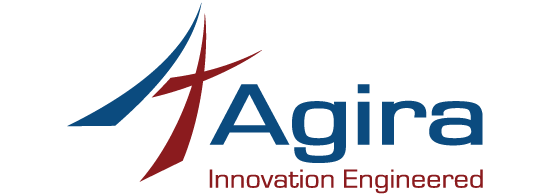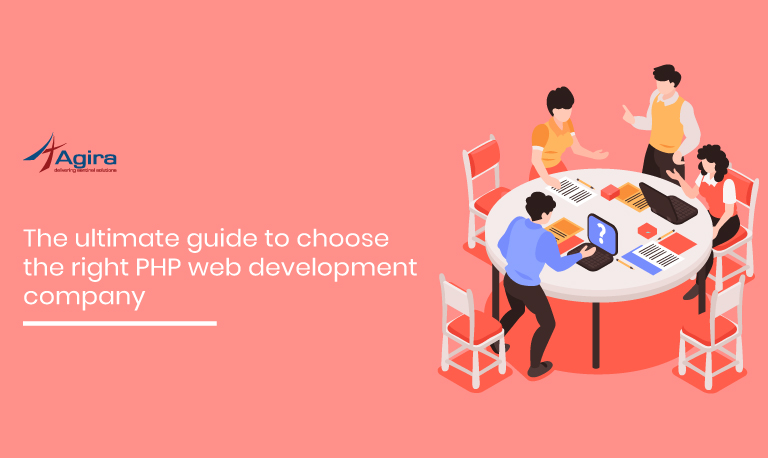Every development is process is critical. The very first challenge will be choosing a suitable framework for building a complex web application; there are numerous factors to consider to make the web solution successful.
Undoubtedly, the PHP programming language has been predominantly used in web applications. Today, 79% of all the websites are created with PHP. When it comes to the PHP framework, the Symfony framework is ranked after Laravel in popularity. Symfony has all features a developer needs to develop a modern web application.
What is the Symfony Framework?
 Symfony is an open-source framework used to build high-performance, complex web applications. With the MVC architecture, the framework saves time and hectic coding of a development. The framework allows the developers to add modules according to the project requirements. It offers readily available components, and high-end configuration to speed up the development.
Symfony is an open-source framework used to build high-performance, complex web applications. With the MVC architecture, the framework saves time and hectic coding of a development. The framework allows the developers to add modules according to the project requirements. It offers readily available components, and high-end configuration to speed up the development.
In this blog, we will discuss the highlighting features of the Symfony framework.
1. High Flexibility
Symfony is a well-organized PHP framework to build a sustainable web application with excellent bundles and components. The bundles are similar to a plugin. They are decoupled, which implies they can be reused and reconfigures for many applications, which will reduce the overall development cost. Components can help the developers to minimize the routine tasks with additional modules without affecting the architecture.
The Symfony components can be extensively used in other PHP frameworks. Both bundles and components in the Symfony framework are useful to eliminate the inflexible dependencies in the architecture. Fewer dependencies mean you can quickly adapt the solution to any requisites and without compromising on security issues to create a highly flexible application using the Symfony framework.
2. Refined MVC Architecture
The Symfony framework works on MVC architecture, which is ideal for building systematic and scalable web applications. The framework ensures the project has an organized file structure as Model, View, and Controller.
The Model focuses on business logic; the view provides the specific Model into the webpage visible to the user. The controller prompts the alterations to the Model or view and depends on the users’ actions. Symfony allows the developer to easily sperate Model and view for ease of maintainability.
3. Customization
Symfony is a feature-rich framework. It is packed with exclusive features and functionalities, which makes it easier for both developers and businesses. You can build a user-oriented web application with Symfony.
The advanced OOPS service architecture offers higher scalability. Symfony framework offers Full stack and brick by brick customization. Full-stack customization allows you to build a complex app with multiple functionalities. If you have particular features to create, you can use brick by brick to make an application.
Another one is Microframework, and you can use it where you need specific functionality that does not require the entire framework. It is made of bricks that can be used separately.
4. Long Term Support
Symfony is a stable framework with well tested regular updates. It is supported by a vibrant community called SensioLabs. They ensure the Symfony has long-term maintenance and scalability. The framework delivers high-performance applications with longterm maintenance.
Also Read
5. Easy Testing
Each new line of code you add should be tested to build a sustainable application. There can be potential new bugs in your system. Reuse of bundles, absence of strict dependencies, and creating new design patterns can contribute a better testing experience in Symfony.
To build a reliable application, you test your code using both functional and unit testing. Symfony provides both to support the rich testing functionality. Unit testing is easy when using PHPUnit independent library, and Functional testing can be automated to lift the weight of the developer’s routine tasks.
6. Large Community
The Symfony framework is prevalent among PHP developers. Its official website has over 2000+ contributors. They make regular contributions to the releases. Symfony has several times bigger than that of other PHP frameworks communities. There are tips and tutorials which can quickly found on the internet.
7. Good Documentation
When compared to other PHP frameworks, Symfony hs the best documentation. It is well written, organized with defined examples on updates version to version. This makes the learning easier for quick for beginners and professionals to keep up with the new changes in the framework easily.
Conclusion
Symfony is a highly recommended framework to reduce development time and enhance application quality. The framework is aimed to speed up the process. It is a reliable PHP framework to build an application with rich features. With good documentation and huge community help, it will be easy to learn.
No matter what framework you choose, the success depends on who develops the application!
We have highly skilled Symfony developers in the industry. If you have any questions on PHP frameworks, get in touch with our PHP expertise. We are always happy to help!










